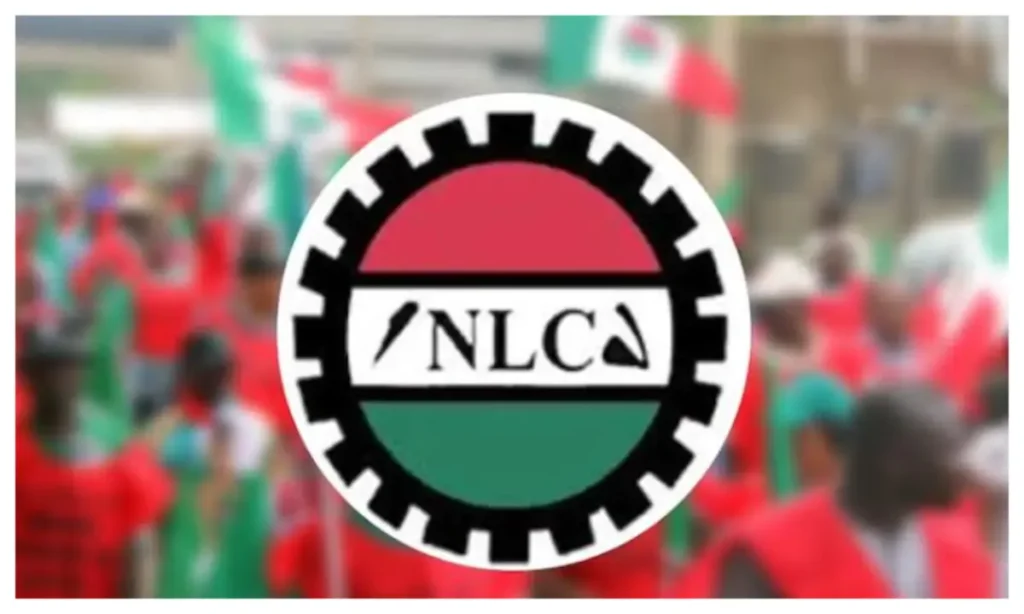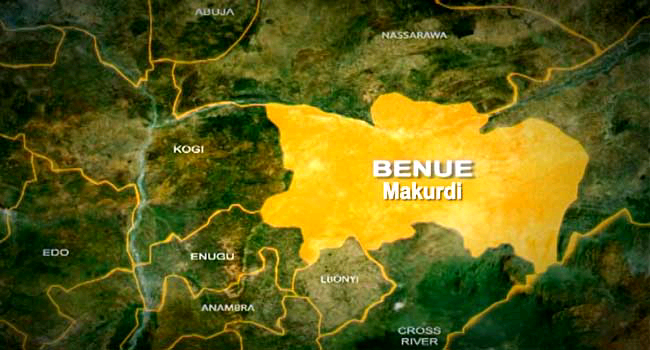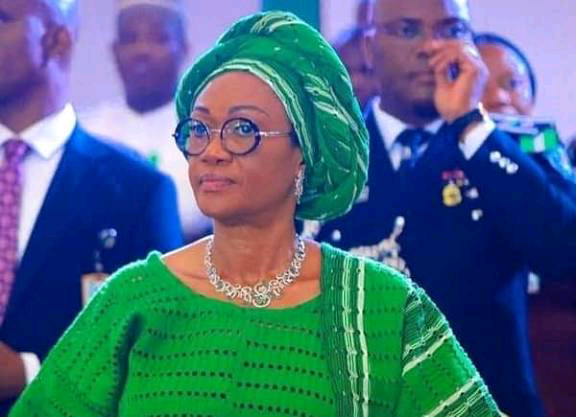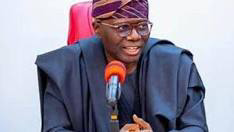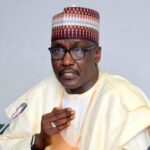Tinubu Abolishes 5% Telecom Excise Duty, NCC Confirms
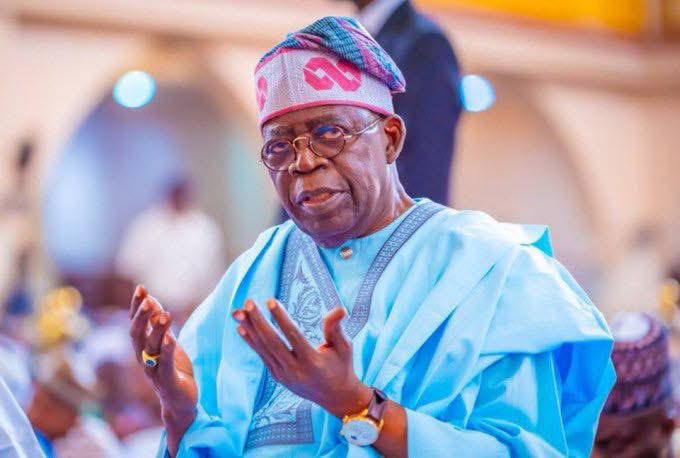
The Executive Vice-Chairman of the Nigerian Communications Commission (NCC), Dr Aminu Maida, has confirmed that President Bola Tinubu has completely abolished the five per cent excise duty on telecommunications services under the new tax laws.
Speaking during an interactive session with journalists in Abuja on Tuesday, Maida explained that the levy, which was initially suspended in July 2023, had now been fully scrapped as part of the administration’s tax reforms.
“The excise duty, it was the five per cent or so, that is no longer there,” Maida said. “Before it was suspended, but now the president has been magnanimous to remove it entirely. I was in a room when it was raised, and he said, ‘No, no, no, we cannot put this on Nigerians.’ I was very pleased when the bills came out and we saw his words were followed through.”
The tax, introduced in 2022 under former President Muhammadu Buhari, had faced intense opposition from telecom operators, industry stakeholders, and consumer groups, who warned of its potential to worsen inflation and increase communication costs.
Maida said the removal of the levy would ease financial pressure on subscribers while supporting growth in Nigeria’s telecom sector, which plays a critical role in digital inclusion and economic activity.
He highlighted reforms being championed by the commission, stressing transparency, accountability, and stronger consumer protection. Among these is a public network performance map, set for release in September, that will provide independent data on download speeds, latency, and other quality indicators. A quarterly performance report based on user data is also planned.
According to him, the initiative will extend accountability beyond mobile operators to infrastructure providers, ensuring greater reliability across the industry.
On corporate governance, Maida said the NCC was committed to encouraging transparency and competitiveness.
“Transparent, well-governed companies attract investment and perform better.
“Our goal is to lay the foundation for a Nigerian telecom company that is wholly owned, well-run and globally competitive,” he said.
He pointed to recent progress, including the conclusion of the NIN-SIM audit, the resolution of USSD debt disputes, the transition to end-user billing, and the launch of a Major Incident Reporting Portal.
Maida also stressed the need to review Nigeria’s telecom policy, originally formulated in 2000.
“In the early 2000s, it was about voice and text. Today, it is about internet connectivity and emerging technologies such as artificial intelligence, the Internet of Things, remote sensors, and augmented reality. The policy did not fail, but we must evolve for new realities,” he said.
Despite tariff adjustments, he noted that competition in the sector has kept call rates relatively affordable, with the highest rate now around N18 to N19 per minute compared to N50 in the early 2000s.
On consumer complaints about failed electronic top-ups and data depletion, Maida revealed that a joint NCC–CBN task force had developed a new operational framework for recharge processes.
Independent audits of billing systems, he said, showed no systemic manipulation of consumer data. Instead, factors such as device settings, background app usage, and complex tariffs contributed to dissatisfaction.
“We are not trying to punish anyone,” he said. “We want the industry to grow so consumers are happier, operators perform better, and the government benefits from a broader tax base.”
The NCC’s Director of Consumer Affairs Bureau, Freda Bruce-Bennett, also gave practical advice to subscribers on how to manage data more efficiently, including disabling autoplay on social media, limiting background data, deleting unused apps, and using Wi-Fi where possible.
She disclosed that Nigeria currently has 172 million active telephone subscribers, of which 141 million are internet users, representing 81.9 per cent of the total, while 105 million are broadband subscribers.
NCC’s Director of Public Affairs, Nnenna Ukoha, commended the media for their role in amplifying regulatory policies. “You are the ones that transmit and convey our transformative policies to the people of Nigeria,” she said. “Therefore, I invite you to be open and talk to us freely. We are here to collaborate with you.”


